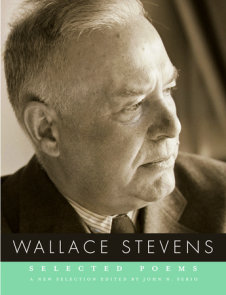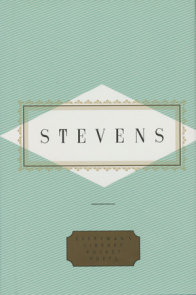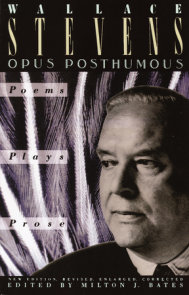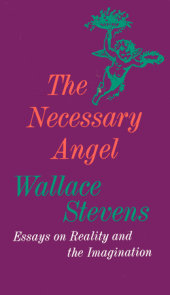

The Palm at the End of the Mind
By Wallace Stevens
Edited by Holly Stevens
By Wallace Stevens
Edited by Holly Stevens
By Wallace Stevens
Edited by Holly Stevens
By Wallace Stevens
Edited by Holly Stevens
Category: Poetry | Literary Criticism
Category: Poetry | Literary Criticism

-
$16.95
Feb 19, 1990 | ISBN 9780679724452
-
May 04, 2011 | ISBN 9780307791856
YOU MAY ALSO LIKE

The Memory Chalet
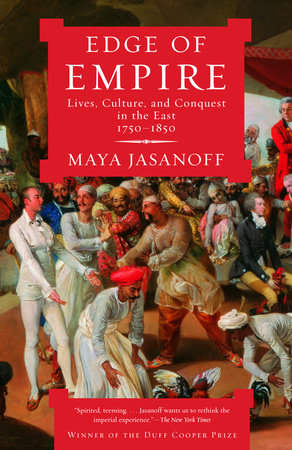
Edge of Empire
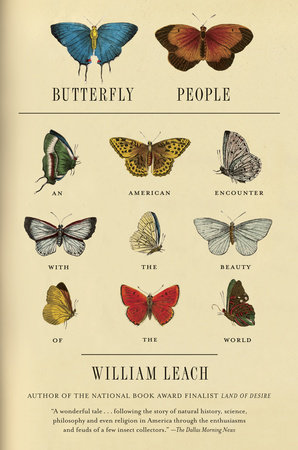
Butterfly People
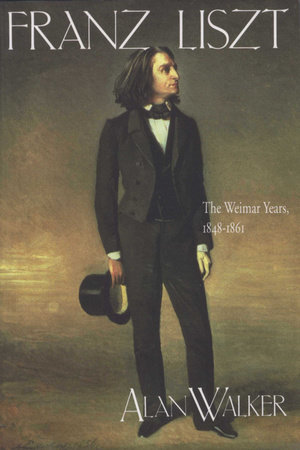
Franz Liszt, Volume 2
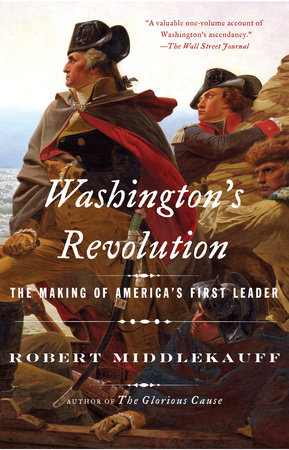
Washington’s Revolution
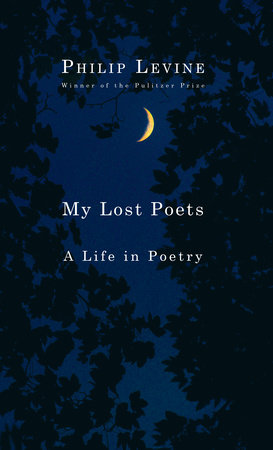
My Lost Poets
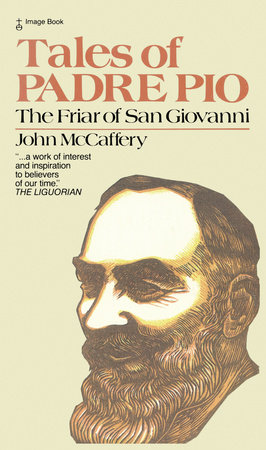
Tales of Padre Pio

Destination Wildlife
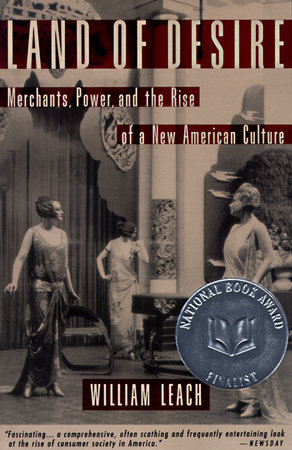
Land of Desire
Praise
“The Palm at the End of the Mind, superbly edited by Holly Stevens, will be the definitive text for students and readers of Wallace Stevens for several decades. Unlike earlier selected volumes, it gives all the major long poems and sequences, and every shorter poem of lasting value. Its arrangement in probable order of composition clarifies the entire shape of Stevens development, particularly by its restoration of crucial late lyrics the poet simply forgot to include in the Collected Poems. Other major benefits given us by the volume include the convenience of having in one place the best of Collected Poems, Opus Posthumous, and the poems heretofore available only in The Necessary Angel. Add to this the powerful early poem ‘For an Old Woman in a Wig’, the play Bowl, Cat and Broomstick, the prose statement on the poetry of war, the restored lines of ‘The Man Whose Pharynx Was Bad,’ and a number of vital textual corrections throughout, and some sense of the enormous value of this book will be achieved. Here is the indispensable presentation of a central American poet, the best and most representative of our time.”
— Harold Bloom, Yale University
21 Books You’ve Been Meaning to Read
Just for joining you’ll get personalized recommendations on your dashboard daily and features only for members.
Find Out More Join Now Sign In








